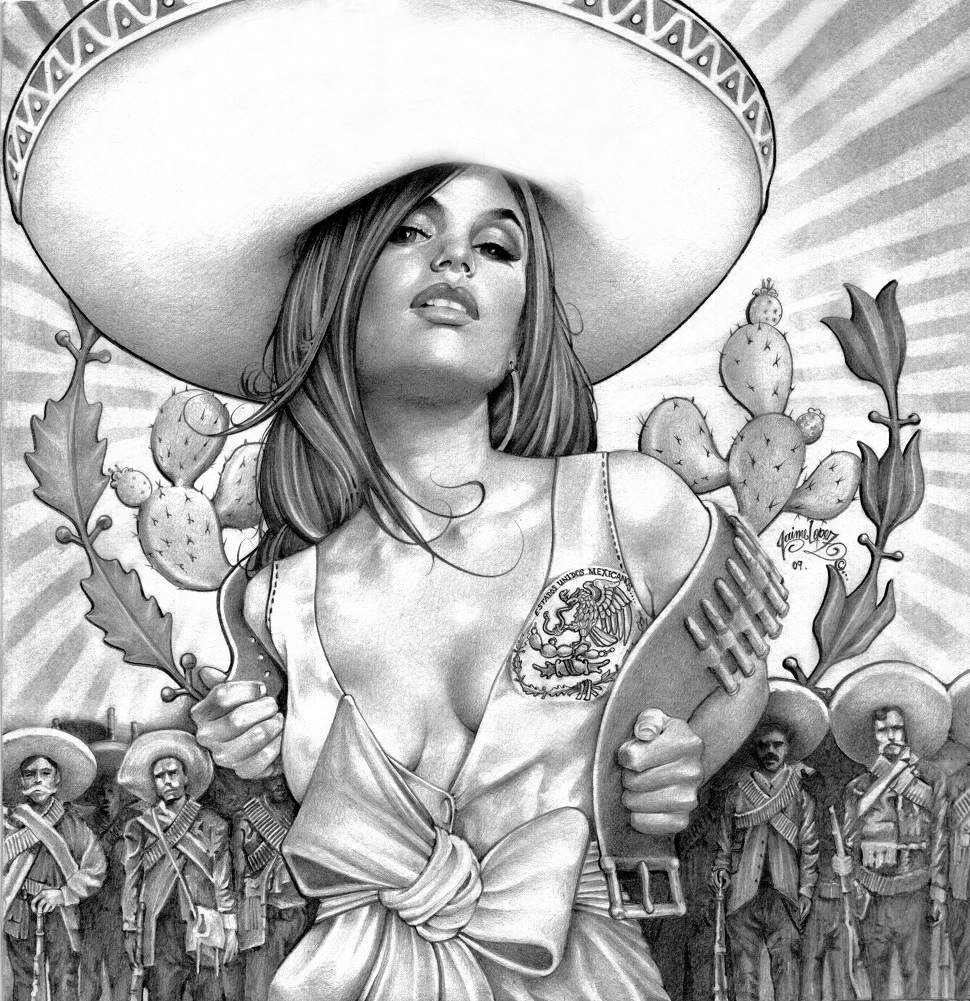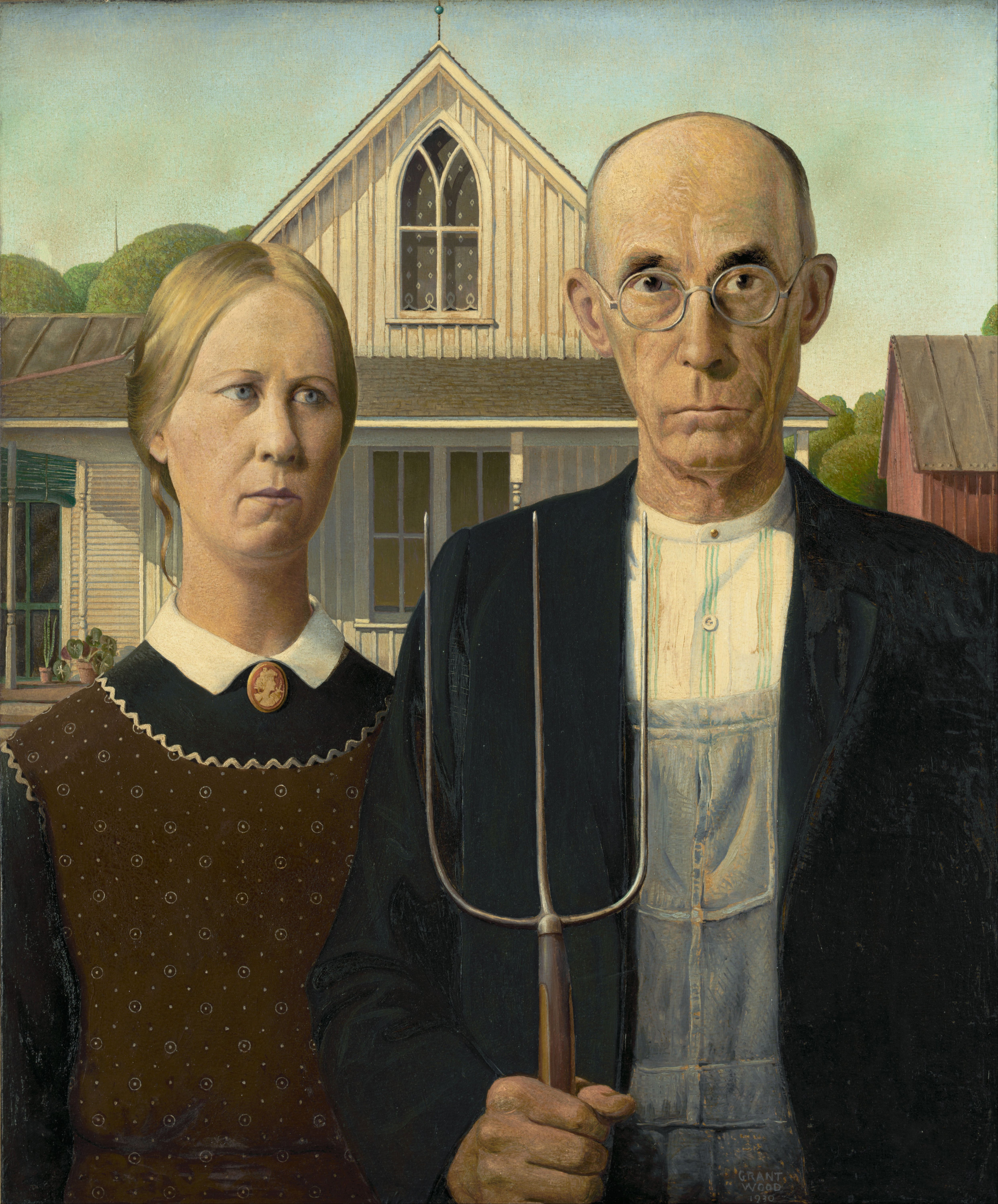1st August 1942, evening
British lies—A comparison with America—The Church’s cunning wisdom—Exit the Pope.
Conversation turned to a book entitled Juan in America which Bormann had recently lent to the Fuehrer. In it the author paints a picture of the unbelievable conditions which reigned in the intellectual and political circles of the United States, and of the astonishing credulity of the American citizen. Hewel stated that this credulity was not an exclusively American characteristic, and that in Britain, too, the people swallowed everything they were told. Hitler said:
It is perfectly true that the British swallow everything they are told. At the moment, nevertheless, there is a certain amount of murmuring over faked reports. According to the Americans themselves, America has the finest, biggest and most efficient of everything in the wide world; and when one then reads a book like this about them, one sees that they have the brains of a hen! Well, the disillusionment will be all the more severe, and the consternation, when this house of cards collapses, will be enormous.
It is very difficult to argue with Americans. They immediately shout: “Say, take a look at what our workers earn!” True, but let us take a look at the shady side as well. The industrial worker earns his eighty dollars; but the man who is not in industry gets absolutely nothing. At one time they had no less than thirteen million unemployed. I have seen pictures of shelters built out of old kerosene tins which the unemployed had erected for themselves and which remind me of the holes of misery to be found in the Bolshevik industrial cities. I grant you that our standard of life is lower. But the German Reich has two hundred and seventy opera houses—a standard of cultural existence of which they over there have no conception.
To sum it up, the Americans live like sows in a most luxurious sty!
Reichsleiter Bormann drew attention to the gifts which France made almost every day to the Church, and on which the power of the Church was thriving mightily. The Fuehrer continues:
It was exactly the same in Bavaria! Held restored to the Church forest lands to the value of thirty or forty million marks, lands which by expropriation belonged to the State!
The Church has succeeded in striking a very pretty balance between life on earth and in the Hereafter. On earth, they say, the poor must remain poor and blessed, for in Heaven the earthly rich will get nothing; and the unfortunate poor on earth believe them!
It is only by keeping the masses ignorant that the existing social order of things can be maintained; in the eyes of the faithful, this is the justification for supreme Papal authority. Cramer-Klett told me one day that he had become a Catholic because he realised that Luther with his Reformation had completely destroyed authority as such.
Possibly—but I cannot help thinking that man has been endowed with a brain which he is intended to make use of, and that anything which is founded on a premise unacceptable to the human intellect cannot endure for ever. It is not possible to hold fast for very long to tenets which the progress of knowledge have proved to be false. I should be wrong if I condemned as a liar a man who believed firmly in the Aristotelean or Ptolemaic world, when he had no other alternative to choose from. But a man who still believes in this old conception of the world today certainly is a liar. No science remains stationary. In my eyes the ability of mankind to reject a proven untruth is one of its virtues. By the Church the Unknown is described and explained with precision, and if she advances with the times, the ground must inevitably be cut from under her feet. For this reason she is opposed to all progress. It adds little to our knowledge of the Creator when some parson presents to us an indifferent copy of a man as his conception of the Deity.
The most pressing danger, as I see it, is that Christianity, by adhering to a conception of the Beyond which is constantly exposed to the attacks of unceasing progress, and by binding it so closely to many of the trivialities of life which may at any moment collapse, is ripening mankind for conversion to materialistic Bolshevism. And that is a terrible tragedy. Man will lose all sense of proportion, and once he considers himself to be the lord of the universe, it will be the end of everything. And if the Church in Spain continues in the way it is doing, it will end on the refuse-heap.
In Venice, in 1934, the Duce once said to me: “One of these days the Pope will have to leave Italy; there is not room for two Masters!” The Church of today is nothing more than a hereditary joint stock company for the exploitation of human stupidity.
_____________________________
Consider obtaining a copy of the complete notes
published by Ostara Publications.


